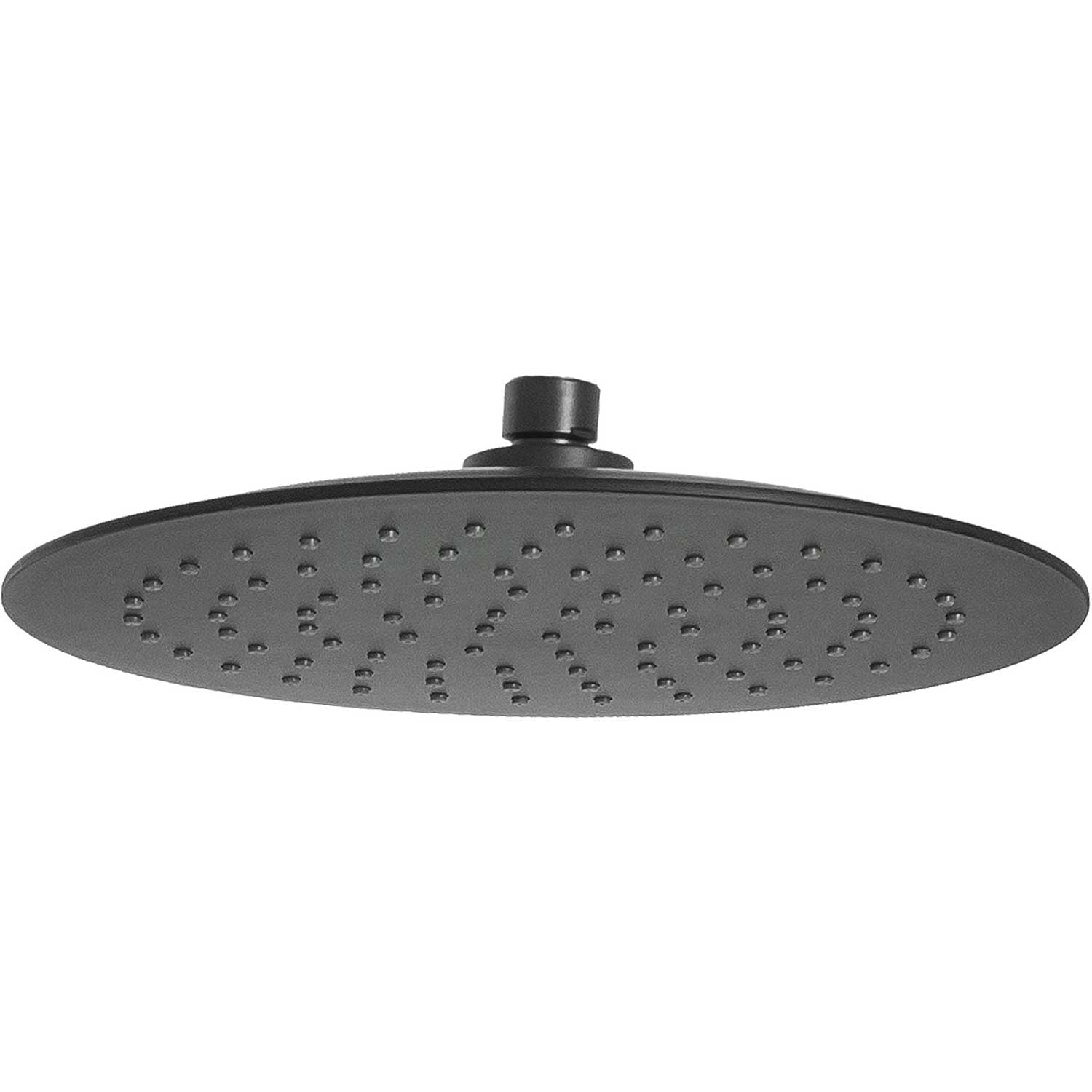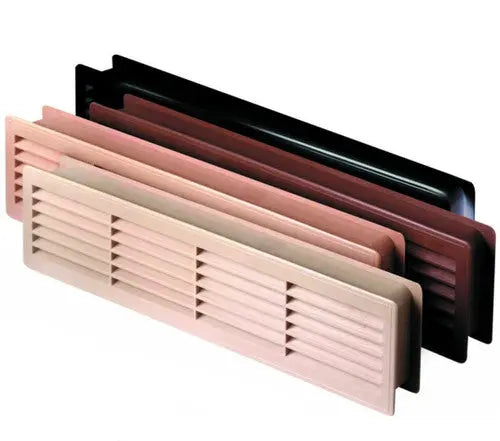
We all love unwinding in a warm, relaxing bath after a long day. However, have you ever stopped to think about the impact your bathwater can have on the environment? Many of us are unaware of the potential harm that can be caused by bath waste. This blog article aims to shed light on this issue and provide you with valuable insights on how to minimize your bath waste to protect the environment.
Understanding Bath Waste:
When we take a bath, we use a significant amount of water, and this water can carry various pollutants, chemicals, and contaminants from personal care products, soap, or bath additives into the environment. As this water is drained, it often ends up in wastewater treatment plants or directly into bodies of water, potentially harming ecosystems and wildlife.
The Environmental Consequences:
The consequences of bath waste are manifold. Firstly, excessive water usage depletes natural water sources, causing water scarcity. Additionally, the chemicals present in personal care products, such as phosphates, parabens, or surfactants, can disrupt aquatic ecosystems and harm the delicate balance of marine life. This pollution not only affects the water directly but can also contaminate nearby soil and groundwater.
Reducing Bath Waste:
Fortunately, there are several steps you can take to minimize your bath waste and lessen your environmental impact:
1. Shorter Baths: Consider shortening your bath time to reduce water usage and, in turn, the amount of pollutants being released into the environment.
2. Water-saving Fixtures: Install water-saving fixtures like low-flow showerheads and faucets. These can significantly reduce the amount of water used during each bath.
3. Reuse Bathwater: Instead of letting your bathwater go to waste, consider reusing it for other household purposes. For example, you can use it to water your plants or clean floors.
4. Natural and Eco-friendly Products: Opt for natural, biodegradable, and eco-friendly bath products. These products are designed to minimize chemical pollutants and lessen their detrimental effects on the environment.
5. Proper Disposal: When disposing of personal care products, ensure they are properly disposed of and do not end up in the water supply. Look for recycling options or appropriate disposal methods available in your area.
6. Explore Alternatives: Consider alternatives to traditional baths, such as using a shower instead. Showers generally use less water than baths, thus reducing your overall environmental impact.
Bath waste may seem like a small concern, but its cumulative effects on the environment can be significant. By adopting simple habits and making thoughtful choices, we can significantly reduce our bath waste and contribute to environmental preservation. Let us all take responsibility for our actions, make conscious decisions, and protect our planet one bath at a time.






